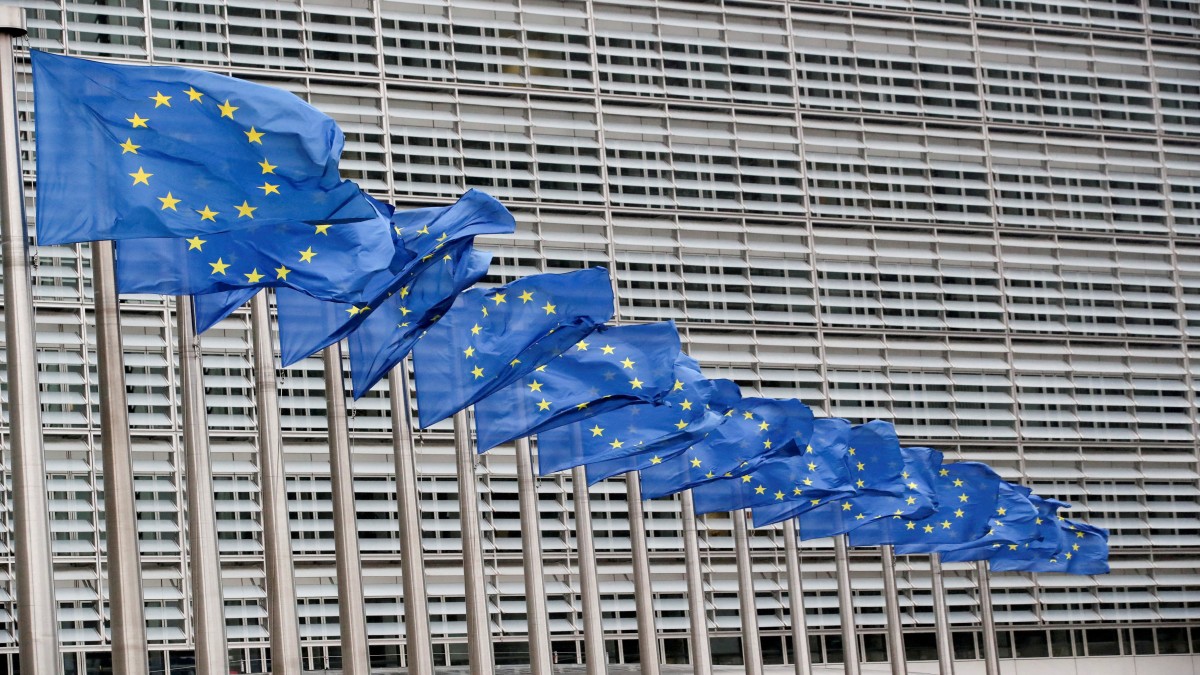The European Union is facing a wave of misinformation ahead of the legislative elections in June. The EU is being accused on social media of trying to outlaw the repair of old automobiles and of concealing bug components in food.
The European Union will force livestock to wear face masks or implant microchips into the populace to track their every move, among other ludicrous claims that have gone viral in recent months and have been refuted by AFP’s fact checkers.
In January, the EU’s top diplomat Josep Borrell tweeted that disinformation represents “one of the most significant threats of our time.”
Many people have a negative perception of the EU, which fuels distrust and even resentment towards its institutions. Experts suggest that ignorance contributes to this negative perception, given the sheer size and complexity of the EU’s decision-making apparatus, which affects the lives of nearly 450 million people in 27 different countries.
“Clearly, low levels of knowledge about even basic aspects of how the EU works contributes to the problem of disinformation,” said Simon Usherwood, professor of Politics and International Studies at The Open University in London.
So when the European Commission proposed in July 2023 to revise regulations on the management of end-of-life vehicles (ELVs), social media users in France, Germany and Greece were quick to pounce on the news and spread the false claim that Brussels was planning to “scrap” or “ban” the repair of vehicles over 15 years old.
All-powerful machine?
Disinformation spreaders are keen to depict the EU as a malevolent, all-powerful machine that encroaches on the sovereignty of member states, as well as on the lives and freedoms of their citizens.
Impact Shorts
More ShortsNevertheless, Cyril Lemieux, a media sociologist who runs a seminar on fake news at the School for Advanced Studies in the Social Sciences (EHESS) in Paris, said: “I’m not sure that the topics are much more complex in Brussels than at a national public policy level.”
More fundamentally, “it is an expression, at all levels, of the distrust of the working classes towards elites who are perceived to be too far-removed. And that encourages an adherence to ‘fake news’.”
Jakub Kalensky, senior analyst at the European Centre of Excellence for Countering Hybrid Threats (Hybrid CoE) in Helsinki, said that pro-sovereignty, anti-EU actors found it easy to weaponise the lack of trust.
Hence, people like British Eurosceptic Nigel Farage, the head of France’s nationalist Popular Republican Union Francois Asselineau and Hungary’s Agriculture Minister Istvan Nagy helped spread false claims that the European Commission wants to make people eat insects without their knowledge.
‘Pro-Kremlin ecosystem’
Kalensky said the pro-sovereignty advocates had developed a “symbiosis” with an adversary even more formidable than the EU – Russia.
The relationship with “the pro-Kremlin disinformation ecosystem” was “mutually beneficial”, especially in the context of the war in Ukraine, the analyst said.
“The pro-Kremlin ecosystem gains new ‘domestic’ actors who provide legitimacy to their messaging and the anti-EU actors receive visibility that they otherwise might not be able to get. It is not a coincidence that these actors so often defend the Kremlin’s interests in the EU,” Kalensky said.
The Open University’s Usherwood said that disinformation targeting the EU “comes from lots of different sources,” and includes messages from “people genuinely confused about (or opposing) the EU, which then get weaponised by more organised political groups.”
Usherwood warned that the risk for the EU would be to simply dismiss any negative messages as disinformation, when the criticism might be legitimate.
“It might be telling a story about the problems of making the integration process work for citizens,” he said.
)